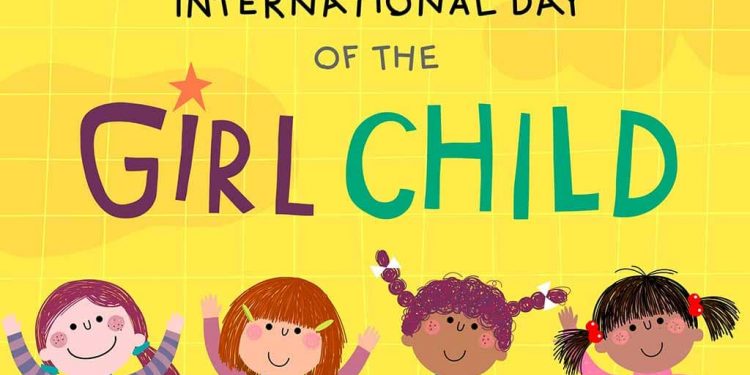Abia and Lagos States have renewed their commitment to advancing education, healthcare, and empowerment opportunities for the girl child as Nigeria joined the global community to commemorate the 2025 International Day of the Girl Child.
The pledge was made during a strategic summit organised by the United Nations Association of Nigeria (UNAN) in Lagos, themed “The Girl I Am, the Change I Lead: Girls on the Frontline of Crisis.”
The event brought together policymakers, women leaders, and development advocates to drive inclusive policies that ensure every Nigerian girl can learn, lead, and thrive.
First Lady of Abia State, Priscilla Otti, said the Nigerian-adapted theme, “Health, Skills, and Empowerment: Investing in Every Girl’s Future,” captures the foundation of sustainable development and women’s empowerment.
She noted that Abia State had taken bold steps to promote girls’ well-being through initiatives such as the Technical Working Group on Menstrual Hygiene, a gender-based violence response hotline, and a free, compulsory education policy that gives every girl a fair chance to succeed.
“A girl child is not voiceless; she has a voice. Our duty is to provide her with the microphone, the stage, and the audience to amplify it,” she said.
Permanent Secretary, Lagos State Ministry of Basic and Secondary Education, Abisola Dokunmu-Adegbite, described Lagos as a model for girl-child development, citing free education, healthcare, and skill acquisition programmes across the state.
She added that Governor Babajide Sanwo-Olu had approved payment of WAEC examination fees for all public school students and expanded access to primary healthcare through functional centres and community awareness campaigns.
UNAN President, Oluremi Olutimo, reflected on the 1995 Beijing Declaration and UN General Assembly Resolution 66/170, which established October 11 as the International Day of the Girl Child. He called for renewed efforts to break barriers limiting girls’ access to education and leadership.
“When we invest in girls, we build a more equitable and just world one where every girl has the opportunity to contribute to sustainable development and peace,” he stated.
Also speaking, Ekanem Adeleke, Chair of UNAN’s Health Advocacy Committee, said the 2025 celebration moved from advocacy to action, featuring medical outreach, mentorship initiatives, workshops, and entrepreneurship training to equip young women with practical life skills.
“When a girl is healthy, she learns better; when she learns, she leads; and when she leads, she transforms her community,” she said.
The summit drew participation from government agencies, NGOs, secondary school students, and development partners, all reaffirming the need for stronger partnerships to build a more inclusive and empowered generation of Nigerian girls.










